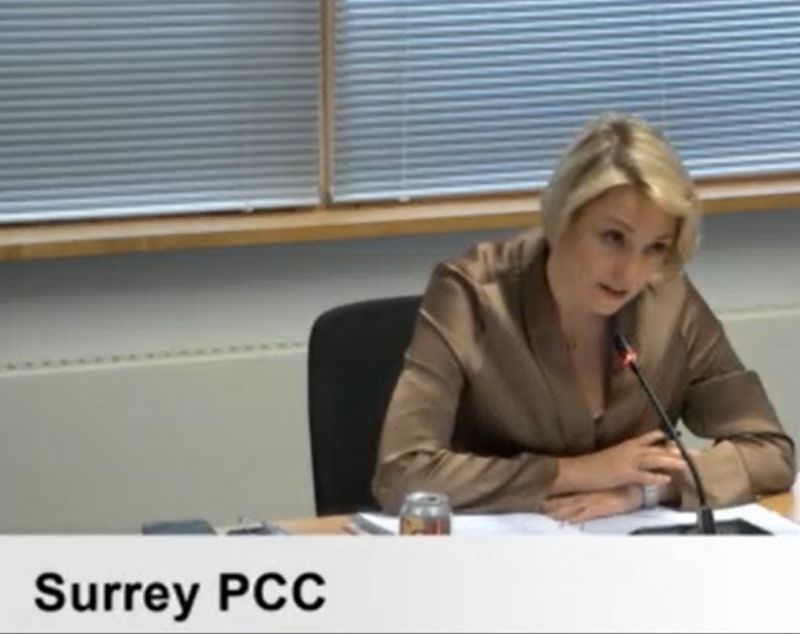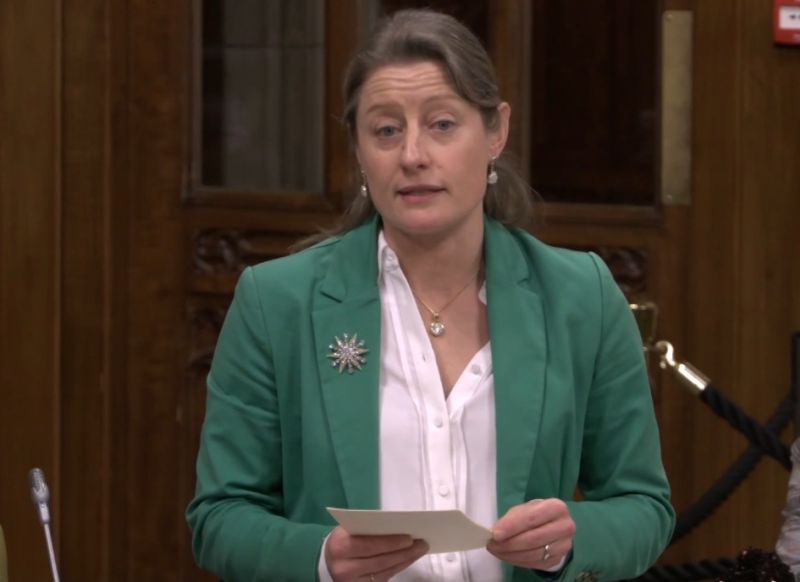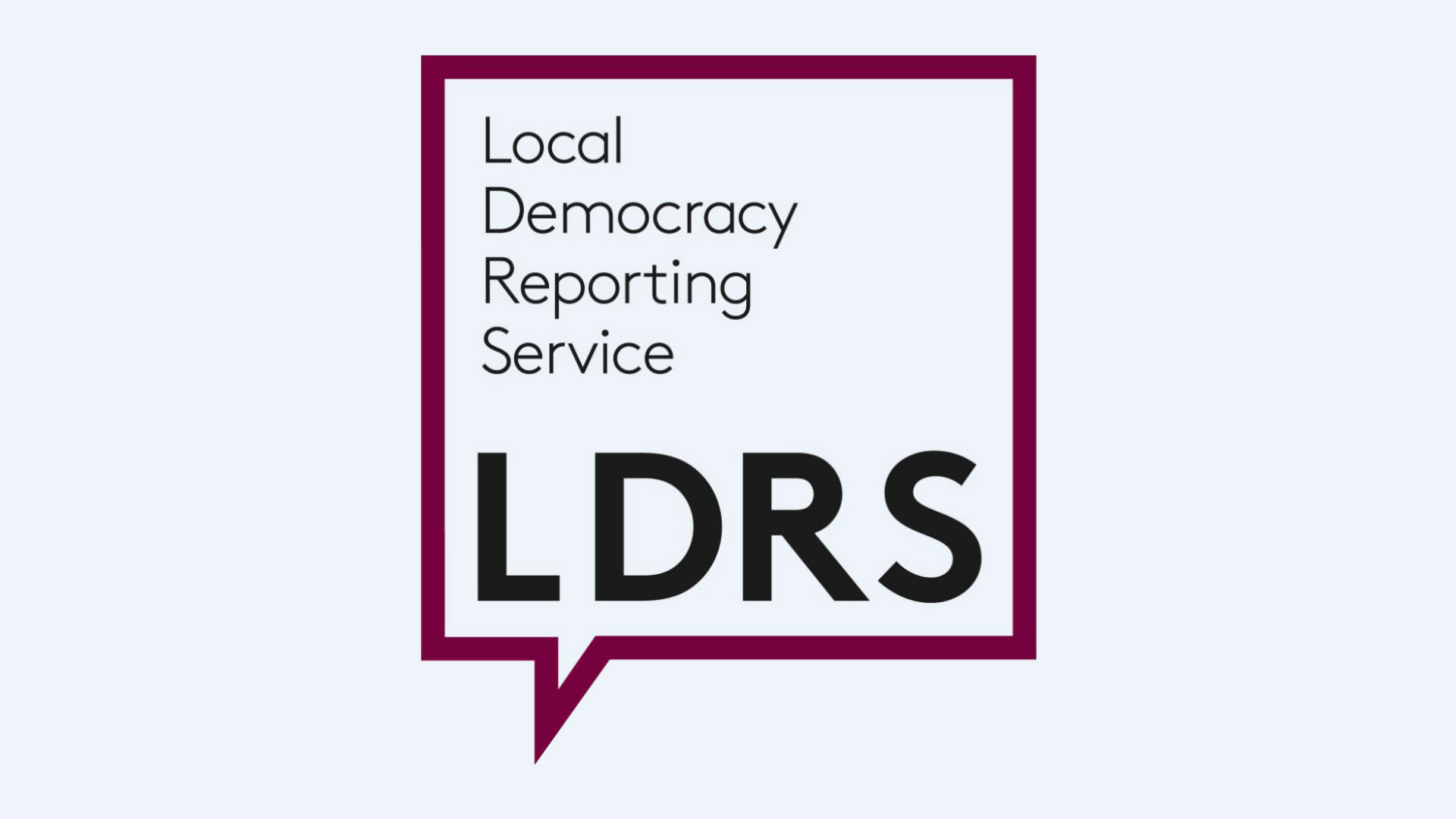Accountant’s fees in dispute
Epsom and Ewell Borough Council‘s external audit fees, provided by Grant Thornton UK LLP, are in the region between £50,000 to £60,000 per annum for an annual budget in the region of £8.5 million. Another Surrey council with a budget in the region of £11.5 million is facing auditor fees between about £160,000 and £245,000. Emily Coady-Stemp reports:
A Surrey council will challenge its auditors over a staggering 479 per cent increase in fees for the work it did on two years of the authority’s accounts.
Standard fees for the audits, which relate to accounts for 2019/20 and 2020/21, were set at £36,000 per year. But Tandridge District Council has now been hit with a bill for additional fees totalling £345,000, a difference which officers say represents three per cent of the council’s annual budget.
Mark Hak-Sanders, the district council’s chief finance officer, told the meeting that officers were in the early stages of discussing fees with Deloitte and would undertake the first stage of challenging them.
Should they not be able to reach an agreement with the auditors, which he said was a “distinct possibility”, the challenge would be escalated to the Public Sector Audit Appointments, the body responsible for setting the standard scale fees.
Meeting documents set out the reasons for the increase in fees charged, which stood at an additional £136,000 for 2019/20’s account and an additional £209,000 for 2020/21.
Deloitte’s submission said: “The scale fee is based on assumptions about the scope and required time to complete our work, and does not reflect any additional audit issues for the year, or the increasing scope of work required due to new auditing requirements and regulatory requirements.”
Quality or preparation issues led to the largest additional fees in both years, and documents showed that compared to around 700 hours of work built in to the scale fee, the total time spent on the 2019/20 audit was around 4,600 hours and in 2020/21 around 5,800 hours.
The meeting heard that some level of variation was expected, though not as high as this, and Mr Hak-Sanders said officers would report back to the committee on the progress of the challenge.
Additional work on the audits included more detail requested by the Financial Reporting Council, new assets being bought in a year which were not included on original figures, and in one case a delay of five months for a document to be passed on to auditors by the council.
Mr Hak-Sanders said any increase in the fees should not impact on the council’s service delivery for the coming financial year but there nonetheless was a risk associated with the increase which needed to be managed. He told the meeting: “As with any risk, the council has contingency set aside to manage it and so it wouldn’t affect frontline spending decisions as such. In the long term, any money that we spend on audit is money that’s either less in reserves or less to spend on front line delivery.”
After the meeting, Mr Hak-Sanders said: “The accounts for 2019/2020 and 2020/2021 were produced before a complete transformation of financial management at Tandridge District Council.
“The transformation of the council’s finances has put us in a much stronger place to meet challenges such as reduced funding, inflation and the cost of living crisis, as well as strengthening our approach to financial reporting and accounts




















